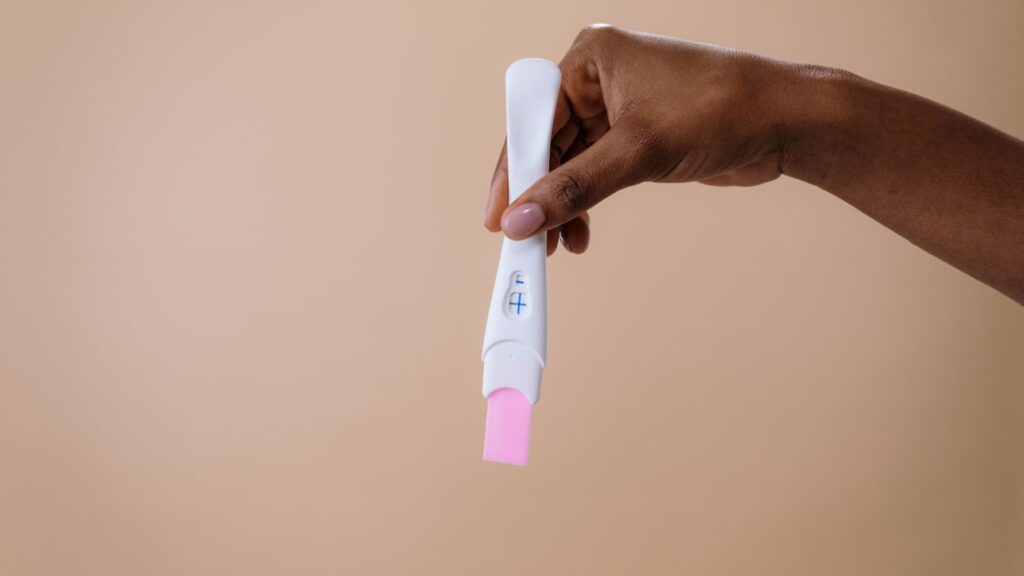Navigating the world of pregnancy can be a rollercoaster. One minute you’re craving pickles and ice cream, the next you’re wondering if it’s possible to survive on toast alone. As a seasoned food blogger and a mom, I’ve been there. So, let’s dive into the wonderful world of breakfast ideas for pregnancy.
Breakfast is often hailed as the most important meal of the day, and it’s even more crucial when you’re eating for two. From protein-packed options to satisfy your sudden hunger pangs, to light and easy meals for those queasy mornings, I’ve got you covered. Stay tuned for some delicious, nutritious, and pregnancy-friendly breakfast ideas.
Breakfast Ideas For Pregnancy
Breakfast plays a crucial role during pregnancy. As a seasoned food blogger and mom, I can’t stress enough how vital this meal is. Not only does it kick start metabolism, but also provides nourishment to both mom and baby. Containing this section are two well-detailed sub-headings:
The Role of Nutrients in Pregnancy
 Pregnancy demands a higher intake of nutrients, both for mom’s health and baby’s development. Consuming nutrient-dense foods is a practical way to meet this heightened daily requirement. For example, iron is key in promoting oxygen delivery to the baby. Foods rich in iron include spinach, beans, and iron-fortified cereals. Similarly, calcium aids in strengthening baby’s bones, found abundantly in dairy products. Also, docosahexaenoic acid (DHA) — a type of Omega-3 fatty acid — supports brain development. Foods like salmon, walnuts, and flaxseed are good DHA sources. Now let’s address the significance of breakfast in this context.
Pregnancy demands a higher intake of nutrients, both for mom’s health and baby’s development. Consuming nutrient-dense foods is a practical way to meet this heightened daily requirement. For example, iron is key in promoting oxygen delivery to the baby. Foods rich in iron include spinach, beans, and iron-fortified cereals. Similarly, calcium aids in strengthening baby’s bones, found abundantly in dairy products. Also, docosahexaenoic acid (DHA) — a type of Omega-3 fatty acid — supports brain development. Foods like salmon, walnuts, and flaxseed are good DHA sources. Now let’s address the significance of breakfast in this context.
Why Breakfast Matters in Pregnancy
 Breakfast in pregnancy is more than just the first meal of the day. It’s a golden opportunity to incorporate necessary nutrients into a pregnant woman’s diet. Skipping breakfast can lead to long gaps of nutrient intake, potentially causing dizziness or fatigue due to low blood sugar. For instance, a protein-packed breakfast can stabilize blood sugar levels, helping avoid spikes and crashes in energy. A breakfast of scrambled eggs, whole grain toast, and a fruit smoothie offers a balanced combination of protein, fiber, and vitamins. Be consistent in seizing this morning occasion by injecting the right nutrients into your diet, as it’s integral to your well-being and your baby’s growth and development.
Breakfast in pregnancy is more than just the first meal of the day. It’s a golden opportunity to incorporate necessary nutrients into a pregnant woman’s diet. Skipping breakfast can lead to long gaps of nutrient intake, potentially causing dizziness or fatigue due to low blood sugar. For instance, a protein-packed breakfast can stabilize blood sugar levels, helping avoid spikes and crashes in energy. A breakfast of scrambled eggs, whole grain toast, and a fruit smoothie offers a balanced combination of protein, fiber, and vitamins. Be consistent in seizing this morning occasion by injecting the right nutrients into your diet, as it’s integral to your well-being and your baby’s growth and development.
Analyzing the Nutritional Needs During Pregnancy
Pregnancy is a unique phase of life, demanding heightened nutritional intake to support the growing fetus and maintain the health of the expectant mother. Nutrition sets the pace for a healthy pregnancy and ensures optimal fetal development.
Energy Requirements
Energy requirements escalate during pregnancy, primarily due to increased metabolic activity. During the second and third trimesters, an additional 350 – 500 kcal per day is beneficial, substantiated by the National Academy of Sciences. For instance, foods giving sustained energy release, like complex carbohydrates found in oats and brown rice, make an excellent choice for breakfast. They ensure a steady energy supply throughout the day, minimizing fatigue.
Essential Vitamins and Minerals
Pregnancy amplifies the need for vitamins and minerals. For instance, iron is key. Pregnant women require 27mg daily, as stated by the Office of Dietary Supplements. Iron-rich foods include leafy greens like spinach and fortified breakfast cereals. They aid in preventing anemia, a common pregnancy complication.
Another essential element, calcium, supports the formation of the baby’s bones and teeth. The recommended daily allowance is 1,000mg, as per the National Institutes of Health. Dairy foods, like milk and yogurt, are great for breakfast, enriching the meal with much-needed calcium.
Vitamin D works in conjunction with calcium, improving its absorption. Foods, like eggs, certain fish types, and vitamin D fortified products, are great additions to a breakfast meal.
Breakfast during pregnancy needs careful planning, ensuring it provides the necessary energy and essential vitamins and minerals for the health of both the mother and the baby.


